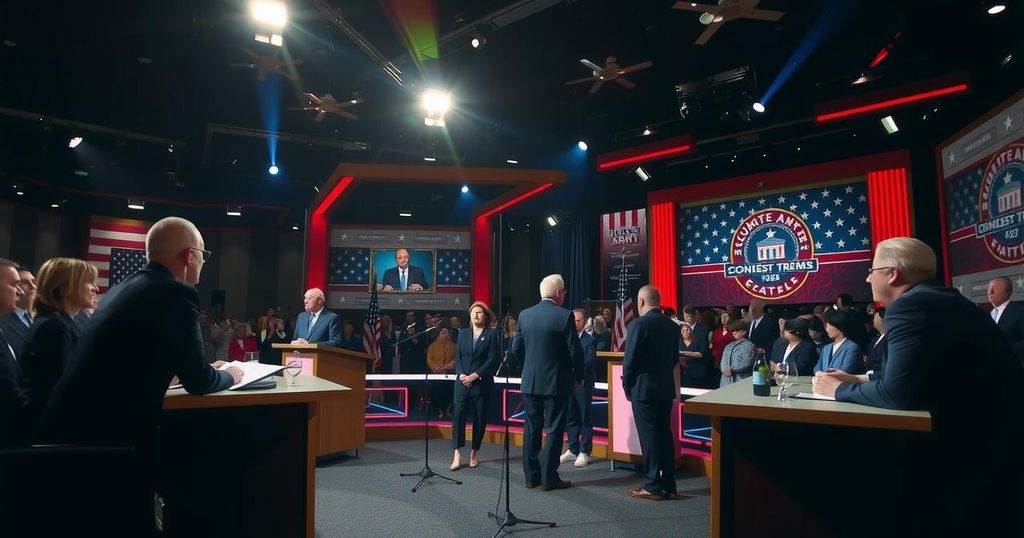Colorado’s voters will soon decide on a sweeping electoral reform proposal aimed at replacing traditional partisan primaries with a nonpartisan top-four primary system. This initiative, backed by business leaders and Democratic officials, seeks to engage voters and reduce party control over elections. However, it faces opposition from both major political parties, reflecting divergent views on its implications for future races. Similar changes are being explored in states like Nevada, Arizona, and Alaska, indicating a nationwide trend toward electoral reform.
The political landscape of Colorado is shifting significantly as voters prepare to consider a transformative proposal on the upcoming ballot, moving away from traditional partisan primaries towards a nonpartisan top-four primary system coupled with an instant-ranked choice general election. This initiative, which has garnered support from various influential state figures and major business entities, seeks to enhance voter engagement and accountability among elected officials. However, it faces potent opposition from both major political parties in Colorado, reflecting a deep divide among lawmakers regarding its potential implications for future elections. Currently, Colorado stands among seven states, including Nevada and Arizona, contemplating substantial reforms to their electoral processes. These proposals have emerged in direct response to widespread discontent among voters and significant monetary influences from prominent donors. In Colorado, top proponents such as Democratic Governor John Hickenlooper advocate for the reforms as a means to invigorate voter participation, while critics, including Democratic Senator Michael Bennet, warn of the risks associated with increased influence from affluent donors and the potential for disorder in the electoral framework. The complexity of Colorado’s proposed electoral system mirrors models found in states like Alaska, which currently employs a top-four primary system. While advocates believe that diverse candidates may enhance democratic representation, the actual outcomes in a larger and more politically dynamic state such as Colorado remain uncertain. The implications of these reforms could manifest in competitive elections beginning as early as 2026 or 2028, notably affecting parties and candidates grappling with the evolving political dynamics of the state. With Republican representatives expressing frustration over party strategies and dynamics in the Trump era, the proposed changes reflect a fundamental reconsideration of how elections are conducted in Colorado. Concerns over the influence of wealth in politics continue to echo among critics, illustrating a tension between the desire for reform and the unpredictability of electoral outcomes.
In recent years, the electoral systems across various states in the U.S. have come under increasing scrutiny and proposed revision due to rising public dissatisfaction with partisan politics and systemic challenges. Colorado’s upcoming election is emblematic of this nationwide trend, as it seeks to introduce a nonpartisan electoral framework that would fundamentally alter the way candidates are selected for federal office. Such shifts are being observed in several other states, indicating a broader movement towards reducing partisan divisions and enhancing voter participation.
The proposed electoral changes in Colorado represent a significant challenge to the traditional partisan structure, highlighting the tensions between established political parties and proponents of reform. As voters are set to decide on these comprehensive changes, the ramifications for future congressional races could be profound, fostering greater inclusivity and potentially shifting the political balance. Whether these changes will effectively address voter discontent without allowing greater influence from wealthy donors remains a crucial debate. The outcome of these reforms will not only influence Colorado’s political landscape but may also serve as a precedent for other states encountering similar issues with their electoral systems.
Original Source: www.semafor.com







